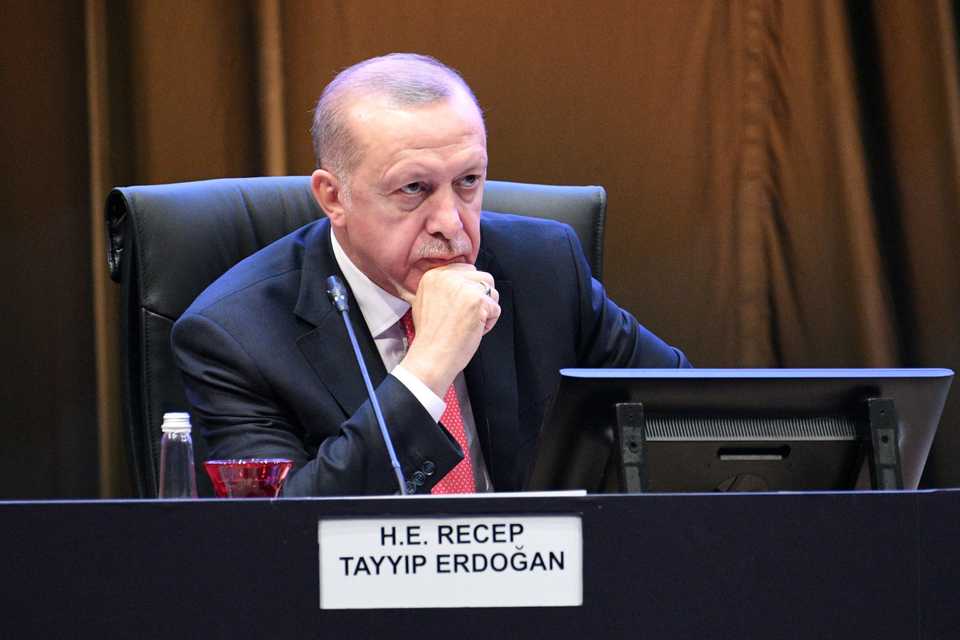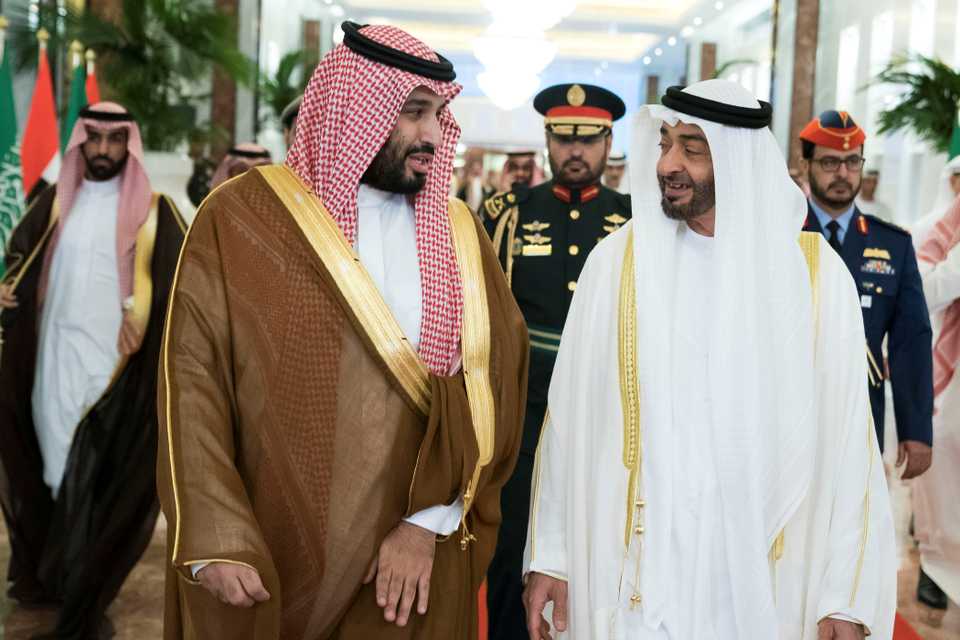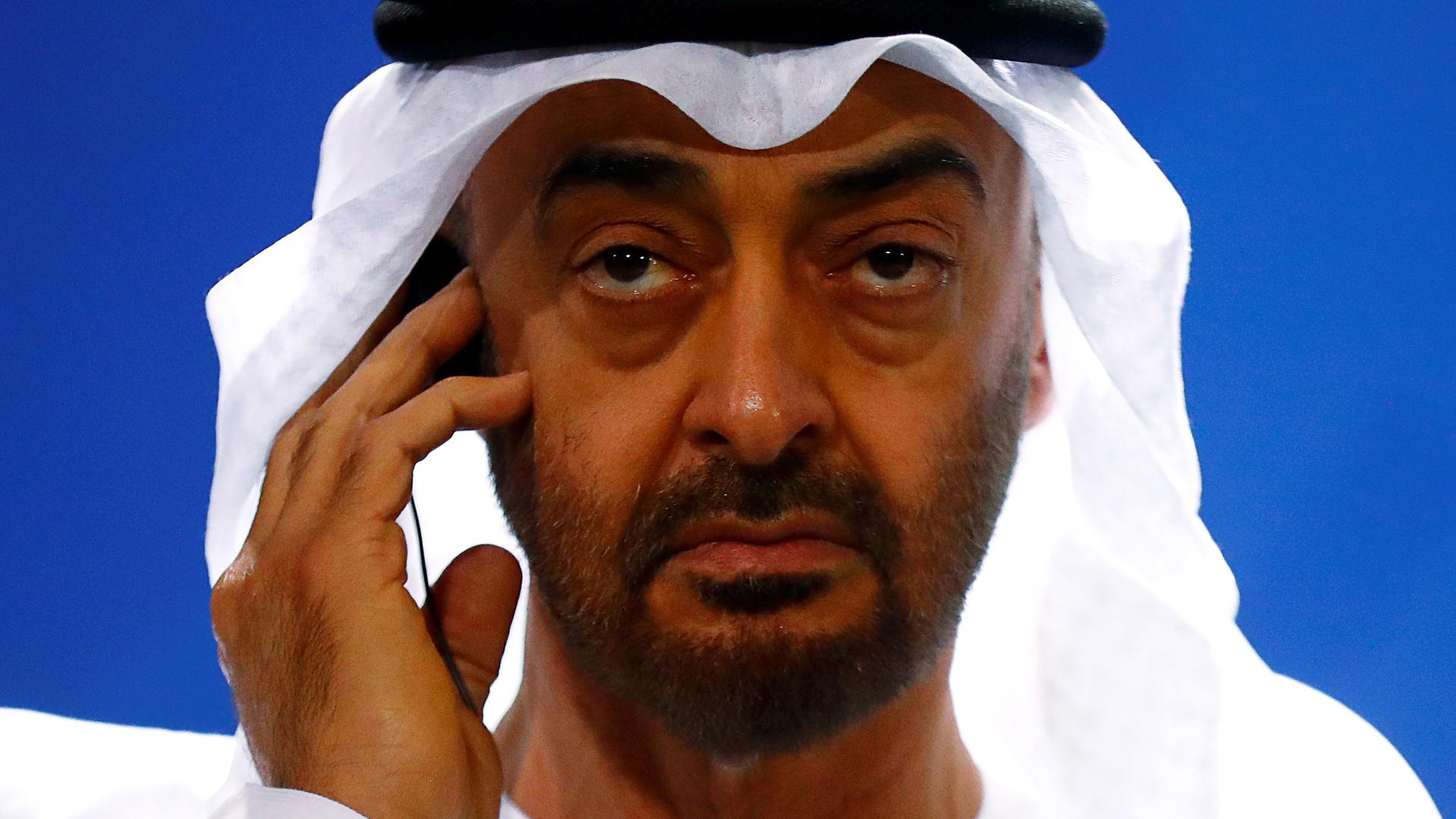The United Arab Emirates (UAE), a former British colony which gained independence in 1971, has taken an antagonistic stance towards Turkey since the 2010s, dismaying policymakers in Ankara.
The Emirates, a federal monarchy of seven emirates in the Gulf, has shown its opposition to Turkey at almost every opportunity, from the failed July 15 coup attempt, which it is accused of supporting, to the Qatar blockade and the bloody Libya conflict, where its supports a warlord against the Turkey-backed, UN-recognised Tripoli government.
“The UAE and its ally Saudi Arabia see Turkey as a country and political actor, which supports Muslim Brotherhood to end monarchial political structures in the Islamic world,” Ozden Zeynep Oktav, a professor of international relations at Istanbul Medeniyet University, told TRT World.
Both monarchies perceive the Muslim Brotherhood, a religiously-minded movement, which exercises democracy and peaceful political activism rather than armed struggle against autocratic regimes, as an existential threat to their suppressive rule.
Mohammed bin Zayed or MBZ, the de facto ruler of the UAE and the crown prince of Abu Dhabi, which is the most powerful emirate in the monarchy, was a former member of the Muslim Brotherhood before he fell out with the movement.
“I am an Arab, I am a Muslim and I pray. And in the 1970s and early 1980s, I was one of them,” MBZ told American diplomats in 2007. According to the New York Times: “He worries about the appeal of Islamist politics to his population. As many as 80 percent of the soldiers in his forces would answer the call of ‘some holy man in Mecca,’ he once told American diplomats.”
Judging by their own words, it is not extremist movements or Israel but democracy and the Muslim Brotherhood that are the most dangerous threats to their monopoly over power. Diplomats say that MBZ has often said the Islamic world is not ready for elections, in which movements like the Muslim Brotherhood would be successful.
In this context, Turkey presents a challenge to his assertion that the Islamic world is not ready for democracy and elections, an orientalist cliche.

The allure of the Turkish model
Despite several interruptions to its democracy by military coups, Turkey has held elections in a multi-party system since 1950.
Since 2002, the AK Party, which practices a moderate conservatism synthesising Muslim values with democratic principles, has led Turkey in consecutive governments under its leader President Recep Tayyip Erdogan, winning several consecutive elections.
The example of Turkish democracy and the model of the AK Party — which fiercely opposes military coups, including the most recent Egyptian military coup in 2013 against the country’s first democratically-elected president Mohamed Morsi — have been a worry for the UAE’s leadership.
“The Turkish model unsettles them [Saudis and the UAE],” Oktav told TRT World.

“They have difficulty to keep their populations under their control, using various suppression tactics against opposition groups and depending foreign support [particularly from the US],” Oktav said.
The UAE is a staunch ally of Washington, which has supplied the country with sophisticated weaponry worth billions of dollars since the 1990s.
The larger tussle
Erdogan’s ability to simultaneously represent both Muslim aspirations and democracy “bother Arab countries” like the UAE “because they lack the very skills” of Erdogan, Mehmet Bulovali, an Iraqi-Kurdish political analyst, who was an advisor to Iraq’s former vice president Tariq al Hashimi, told TRT World.
Erdogan represents a Muslim democratic leadership which appeals to massive populations demanding freedom and rights across the Islamic world, according to Bulovali.
“Both jealousy and political competition make them bother about Turkey because Erdogan is the only man in the region from Saudi Arabia to UAE and Egypt to challenge their twisted leadership. There is no other powerful alternative,” Bulovali said.
Bulovali also thinks that MBZ and the current Saudi leadership “know very well” that if their rule begins to fail, the religiously-minded movements like the Brotherhood would be their immediate political alternatives.
“Because Ikhwan [The Brotherhood] represents the theoretical assertions of political Islam according to them, they [UAE and Saudi leaderships] oppose it so strongly,” Bulovali said.










Discussion about this post